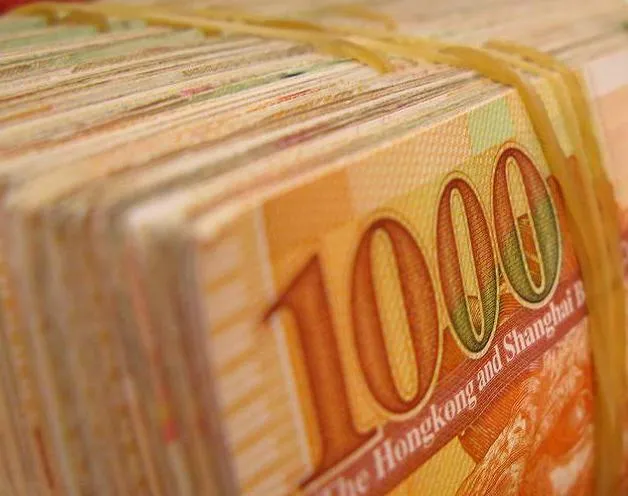
Hong Kong households to set aside portion of income for debt service
Amid US plan to normalize interest rates.
Interest rates are a key swing factor for household debt service, and with the US on track to normalize interest rates next year according to UBS, the question is what that means for Asian household interest burden.
According to a research report from UBS, the answer depend on the pass through from US rates to Asian interest rates.
UBS expects the Fed funds rate to increase by 125bps and 150bps in 2015E and 2016E, so a total of 275bps by end 2016E.
Assuming the pass through is 100% and universal across Asia; the most indebted will naturally face the biggest jump in interest payments for a given rise in interest rate.
Here's more from UBS:
This is nevertheless a highly unlikely scenario. In reality Asian countries will import US monetary policy depending on their exchange rate systems, degree of capital account openness, and country specific conditions.
While Hong Kong and Singapore will likely import all of the US Fed's tightening next year, for the rest of Asia we generally expect nominal interest rates to remain flat or come down the next two years.
The bottom line is that households in Hong Kong and Singapore will have to set aside an increased portion of their disposable income for debt service.
Furthermore, the potential for property prices to fall in Hong Kong and Singapore assuming rising interest rates could be a significant complicating factor for household debt as outlined earlier.








![Cross Domain [Manu + SBR + ABF + ABR + FMCG + HBR + ]](https://cmg-qa.s3.ap-southeast-1.amazonaws.com/s3fs-public/styles/exclusive_featured_article/public/2025-01/earth-3537401_1920_4.jpg.webp?itok=WaRpTJwE)









 Advertise
Advertise


